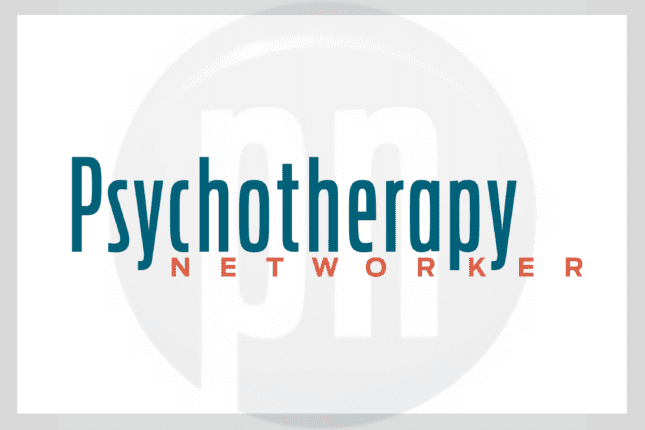Currently, there are between 100 and 150 smartphone apps designed to supplement—and occasionally even replace—face-to-face psychotherapy. In fact, the United Kingdom’s National Health Service maintains a library of approved smartphone apps for a variety of physical and mental health concerns. In this country, the United States Department of Defense has assisted in creating several apps designed specifically to help service members track anxiety and depressive symptoms related to military deployment. Given this trend in technology and the high-level support it’s receiving, it’s increasingly important for therapists to understand what mental health-related apps are available in the world and how they might enhance, or in some cases undermine, therapy.
The Optimism app, for example, can help clients become more active participants in their treatment, particularly if some form of self-monitoring is involved. Created by an Australian company, Optimism allows clients to track information related to emotional well-being, such as mood, symptom severity, medication compliance, and hours of sleep. The app generates charts and reports to monitor progress over time, and there’s even a desktop interface that allows clinicians to collect and view their clients’ data. The app started out as a desktop software package six years ago and now averages about 10,000 downloads a month as a smartphone app, according to its developer, James Bishop. Over 80 percent of surveyed Optimism users report using it in conjunction with visits to a mental health professional for a specific mental health issue, usually a mood disorder. For clinicians doing therapy that involves mood charting, supplementary apps like this one can boost compliance by providing a convenient alternative to paper charts.
Numerous apps also offer a form of life coaching and other services traditionally provided through face-to-face psychotherapy. Unstuck, for instance, designed by SYPartners, has had more than half a million downloads since its launch in December 2011. Geared toward people struggling to make difficult life decisions, the app helps users navigate factors that may be interfering with the decision-making process and gives specific advice for developing new perspectives. For example, someone who’s taking on too many tasks alone can indicate that they’re feeling like a “lone leader” and get advice on how to start working more collaboratively.
A related app, MoodKit, was developed by two clinical psychologists to help people use traditional cognitive-behavioral therapy techniques in their daily lives. Among other features, it encourages mood-elevating activities, helps users change self-defeating thought patterns, charts daily moods, and records journal entries to increase a sense of well-being. It can certainly be used to augment professional treatment, but users don’t need to be in therapy to take advantage of what it offers.
These apps and others like them are easy to use and may be promising pathways to increased treatment compliance for that reason alone. However, they’re a long way from being a silver bullet for curing people’s mental woes. As psychiatrist Andrew Gerber of Columbia University notes, “We are built as human beings to figure out our place in the world, to construct a narrative in the context of a relationship that gives meaning to our lives. . . . I would be wary of treatments that don’t allow for that.”
But even as psychiatrists like Gerber contemplate the creation of apps that could undercut the therapeutic relationship, researchers around the world are testing their effectiveness in treating clinical problems. Cognitive bias modification (CBM), for example, involves the use of a game-like app that trains users to respond to distressing stimuli in new ways, which may have applications for people struggling with anxieties and phobias. For example, socially anxious individuals might play a game in which they’re trained to pay more attention to an image of a neutral face than a hostile one. Although the idea is promising, psychology professor Richard McNally of Harvard, whose research team conducted a 2012 study of CBM, notes that people who used the CBM smartphone app became less anxious, but so did the control group whose members played a nontherapeutic game. In other words, the placebo effect might be responsible for at least some of the positive outcome.
So while many jobs these days are being made obsolete by advancing technology, that doesn’t appear to be the case in the therapy field as of now. Rather than fearing these apps as competitors, savvy therapists will want to explore their potential as clinical assistants. After all, as intelligent and intuitive as Apple claims its iPhone personal assistant Siri to be, she’s certainly not ready for licensure.
Lee Coleman
Lee Coleman, MD, is a practicing psychiatrist in Louisville, Kentucky.













